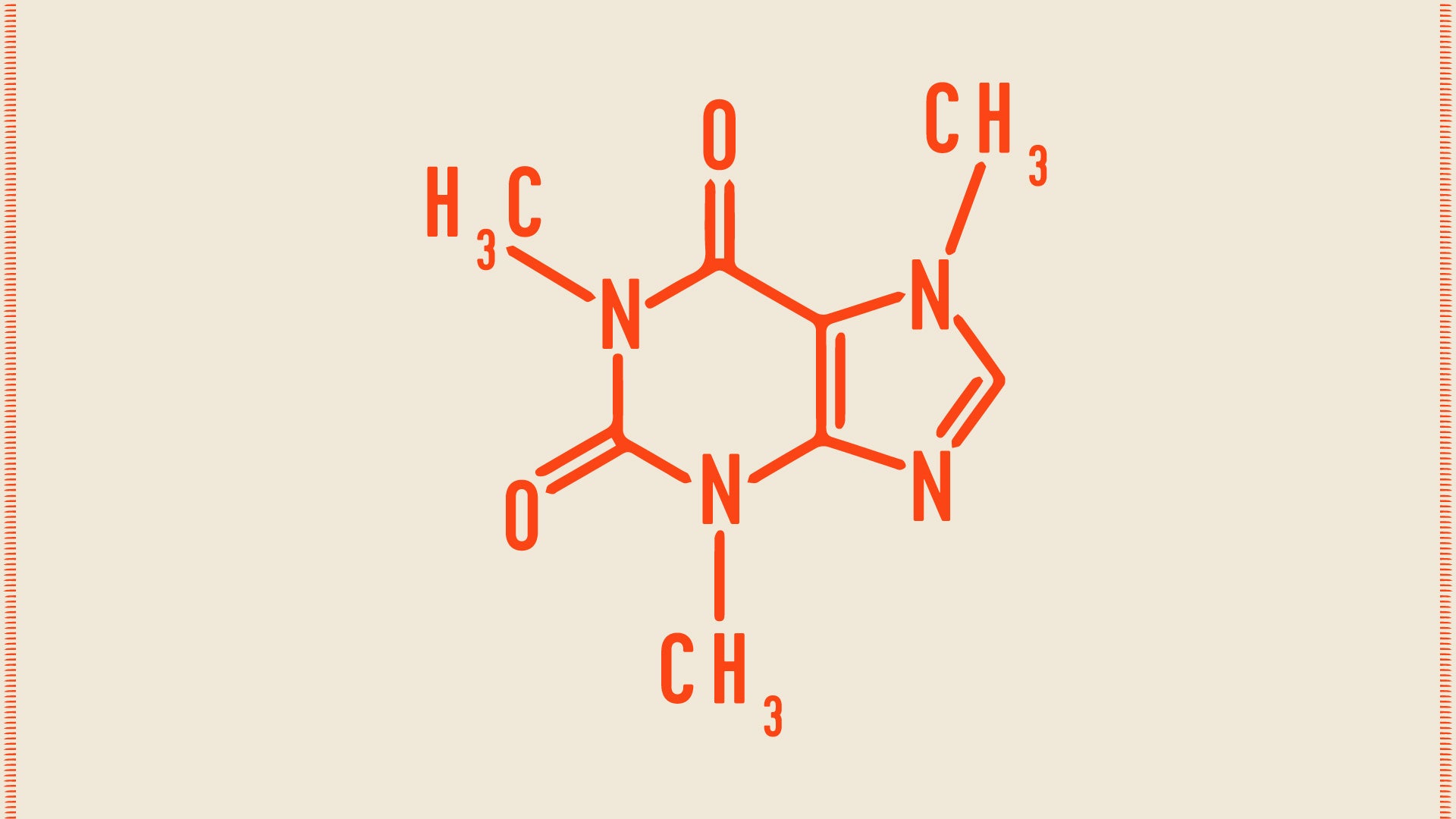

· By Lars Oltmanns
NATIONAL CAFFEINE AWARENESS MONTH
Today is the first day of March, and that means we’re officially into National Caffeine Awareness Month!
Didn’t know this was a thing? Well, despite the millennia of history of caffeine consumption and it's incredible popularity in this country today (approx. 90% of Americans consume it daily!), it wasn't spotlighted on a national level, until not very long ago at all.
National Caffeine Awareness Month was incorporated in 2003 with the birth of the Caffeine Awareness Alliance; a nonprofit organization with the mission “to provide objective, evidence-based information and advice to help reduce the health, social, and economic harm associated with caffeine abuse and addiction.” In other words, this month, we are called to be aware of the amount of caffeine we ingest, the forms we take it in, and the effects it has on our bodies.

Caffeine is a naturally occurring stimulant, and, interestingly, technically the world’s most popular psychoactive “drug”! It is considered so because of the way it affects the central nervous system, and, therefore, the brain; creating that alert effect most of us know and love well. Despite its classification, caffeine generally tends to be consumed in safe amounts; the recommended dose to stay within healthy limits is 400 mg. That’s about 3-4 cups of coffee (approx 90 - 135mg of caffeine each), or up to 5 cans of UP TO GOOD Energy Pops, a day!

Caffeine can be found in over 60 species of plants; most commonly the coffee plant, tea leaves, and cacao beans. Since caffeine can be found in sources like soda, chocolate, supplements, and even chewing gum, sometimes people end up taking in more caffeine daily than they even realize. When overused, many unpleasant symptoms can occur like nausea, vomiting, heart palpitations and irregularities, headaches, chest pain, insomnia, and anxiety.
That being said, countless studies have brought caffeine's numerous health benefits to light. For example, it is widely known and accepted that tea and coffee are the healthiest beverages, after water. This is partially due to their antioxidant content, but caffeine also has a lot to do with it. Here are some benefits and little known facts of caffeine:
-
Young people are 10-15% less susceptible to fatal illness when consuming caffeine regularly.
-
When taken with aspirin or acetaminophen caffeine can help reduce migraines and tension headaches.
-
Caffeine is effective in treating Parkinson’s Disease. Studies have shown that three weeks of regular consumption reduced symptoms of restricted movement in patients. It's not yet clear why this is, but people afflicted with the disease tend to have low levels of caffeine in their blood.
-
It takes 12 hours on average for the body to eliminate caffeine from the bloodstream.
-
Finnish people consume a staggering 21 pounds of coffee per capita every year. The people of the US are 22nd on the list with ‘only’ 6.8 pounds per capita.
